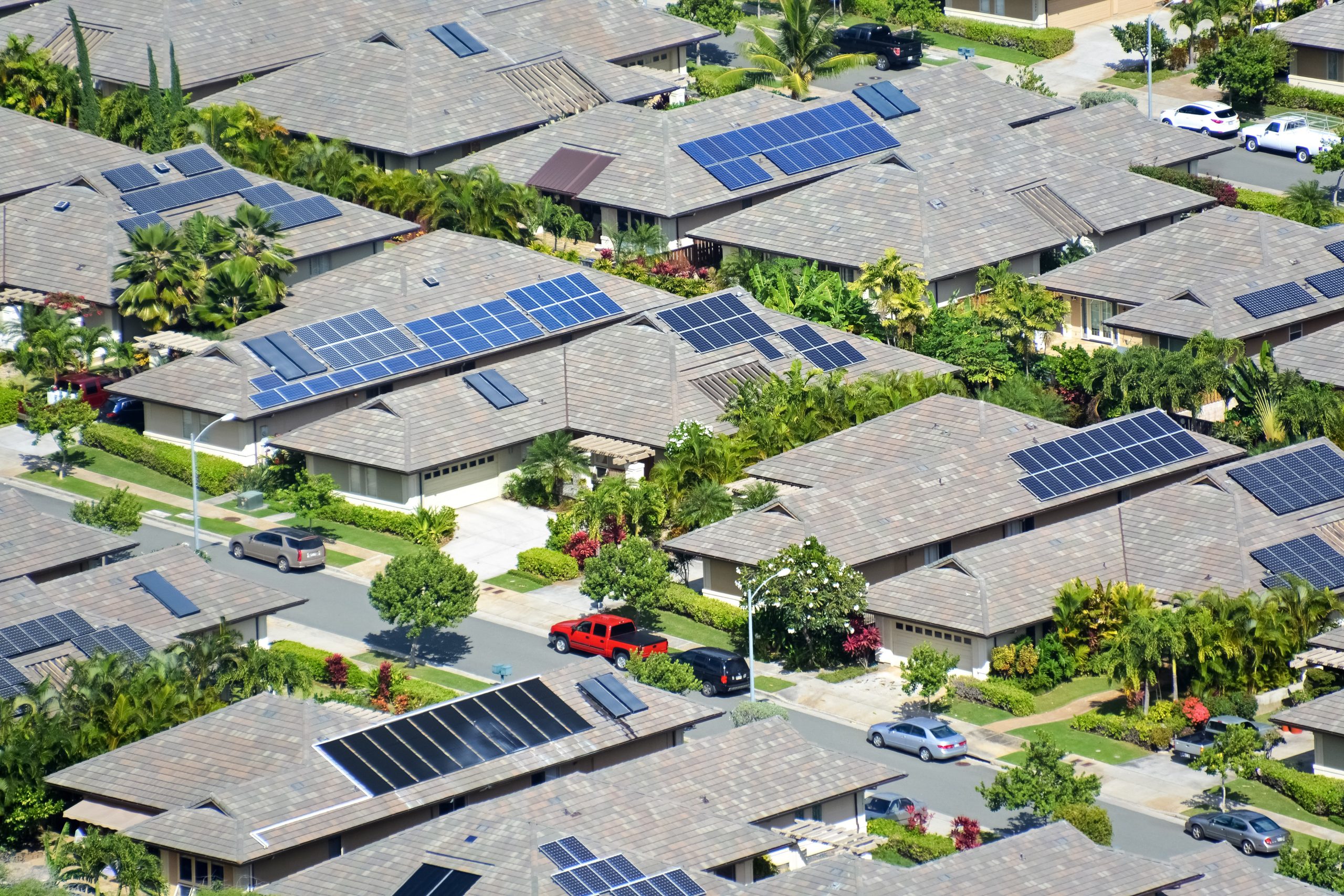SolarEnergy
Access Government Rebates for Solar Panels in the U.S
As part of its efforts to encourage renewable energy adoption and reduce carbon emissions, the U.S. government offers significant financial incentives for homeowners and businesses to install solar panels. These incentives can significantly reduce the upfront costs of solar power systems, making this renewable energy source a financially savvy choice for many Americans. Here's how you can cash in on these government rebates and lower the cost of solar panel installation.
Federal Solar Investment Tax Credit (ITC)
The Solar Investment Tax Credit (ITC) is the most substantial financial incentive for solar energy in the United States. The ITC allows homeowners and businesses to deduct a portion of their solar costs from their taxes. For systems installed before the end of 2022, the ITC was 26%. This percentage was scheduled to drop to 22% in 2023 and to 10% for commercial and utility installations and 0% for residential installations from 2024 onwards. However, the exact percentages might change if new federal legislation is passed.
To claim the ITC, you need to install a solar power system and apply the credit on your federal income tax return. The ITC applies to both purchased systems and those financed through a loan. However, leased systems do not qualify for the ITC as the leasing company owns the system and thus takes advantage of the credit.
State and Local Incentives
In addition to the federal ITC, many states, municipalities, and utility companies offer their own incentives for solar power. These incentives vary widely in form and amount, but they can include tax credits, rebates, grants, and performance payments.
For instance, in California, the Self-Generation Incentive Program (SGIP) provides rebates for installing energy storage technology with your solar power system. Meanwhile, in New York, the NY-Sun Initiative offers a per-watt rebate for solar power systems up to 25 kW for residential projects and up to 750 kW for non-residential projects.
To find out what incentives are available in your area, you can check the Database of State Incentives for Renewables & Efficiency (DSIRE), which offers comprehensive information on different incentives available across the United States.
Net Metering
Net metering is another important policy that can increase the financial return from your solar power system. While not a rebate or a tax credit, net metering allows homeowners to send excess electricity generated by their solar panels back to the grid and receive credit on their utility bill.
Most states have mandatory net metering policies, while some states leave it up to individual utility companies. Some utilities even offer feed-in tariffs, which involve a long-term contract to purchase the energy you produce at a fixed rate.
With the combination of the federal ITC, state and local incentives, and net metering policies, the financial case for solar power is compelling. By taking advantage of these incentives, many Americans can significantly reduce the upfront cost of solar panels, earn a return on their investment through energy savings, and contribute to a cleaner and more sustainable future. Make sure to take our free solar quiz here to see if this is the right solution for you
SolarEnergy
© 2023 by SolarEnergySave.com



